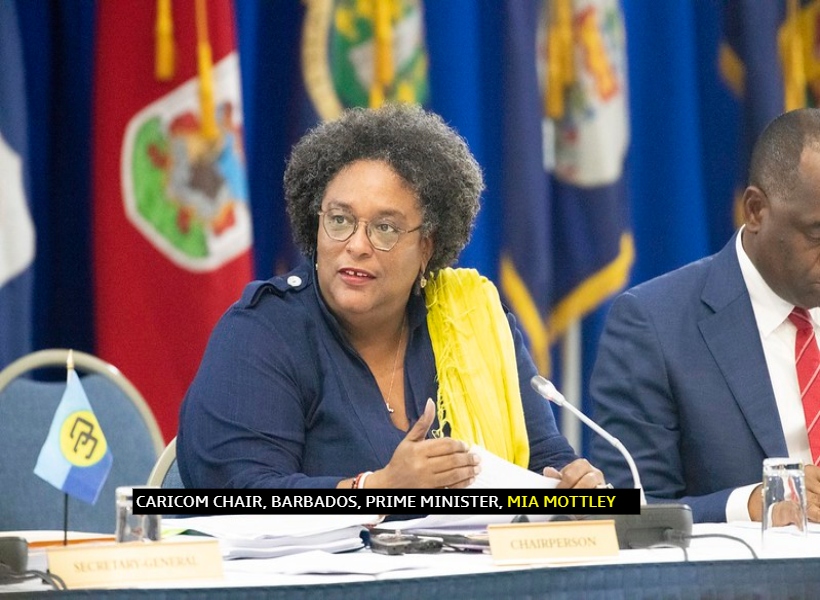The 7th Annual International Technical Symposium of the Caribbean Poultry Association (CPA) recently highlighted significant advancements in sustainable agriculture within the Caribbean poultry sector.
Held in Port-of-Spain on Tuesday, the event featured an address by Joseph Cox, the Caribbean Community’s (CARICOM) Assistant Secretary-General. Cox first underscored the critical role of the poultry industry in driving sustainable growth and resilience across the region.
He reminded that the agricultural sector has been a cornerstone of Caribbean economies for centuries but now faces challenges such as climate change, land degradation, water scarcity, and market volatility.
“I remind you of vision 25 by 2025, which was created to support the transformation of the Region’s food system to one that is sustainable and resilient, ensuring food security and improved livelihoods for the people of the region,” he said.
Cox stressed the importance of private sector investment in driving sustainable economic growth. He also highlighted the need for a shift towards sustainable agricultural practices that promote environmental stewardship, social equity, and economic viability.
Poultry products, particularly chicken meat and eggs, are essential for balanced diets, accounting for over 80% of all protein consumption in the region. Despite this, poultry remains the highest imported meat product, with the region spending approximately US$149 million on imports annually.
He pointed out that the poultry value chain is key to reducing the region’s food import bill by 25% by 2025 and explained that this reduction can be achieved through increased production, productivity, investment, and the adoption of new technologies.
“The regional poultry industry must embrace innovation and technology to improve productivity, efficiency, and sustainability. Advances in genetics, nutrition, and disease management have transformed poultry production, resulting in higher yields and better health outcomes for flocks,” Cox said.
Cox noted that while countries like Guyana and Belize are self-sufficient in poultry production, others, like Jamaica, face challenges such as reliance on imported hatching eggs. This issue is exacerbated by the Highly Pathogenic Avian Influenza outbreak in the United States, which has led to challenges for contract farmers who source baby chicks for their broiler operations.
He disclosed that efforts to address these challenges include developing a regional response plan to ensure a steady supply of hatching eggs and day-old chicks, critical for food security.
Moreover, Cox explained that there is a need for a supportive policy environment, which includes minimising transaction costs and reducing bureaucratic barriers to investment.
According to him, aligning policies with sustainable development can foster investment, innovation, and collaboration, leading to positive socio-economic and environmental impacts.
He explained that through innovation, the poultry sector can unlock growth and competitiveness while minimizing ecological footprints. However, he noted, “From the perspective of public finance, the limitations of fiscal space and the almost peripheral approach to Research and Development and technical extension services have proved to be limiting factors for innovation.”
The Assistant SG said that by leveraging the poultry sector’s strengths and adopting sustainable practices, technologies, and partnerships, the region can enhance economic growth, food security, environmental conservation, and climate resilience. He noted that achieving this vision requires collective action and commitment from governments, farmers, businesses, civil society organisations, and development partners.













